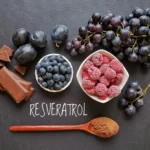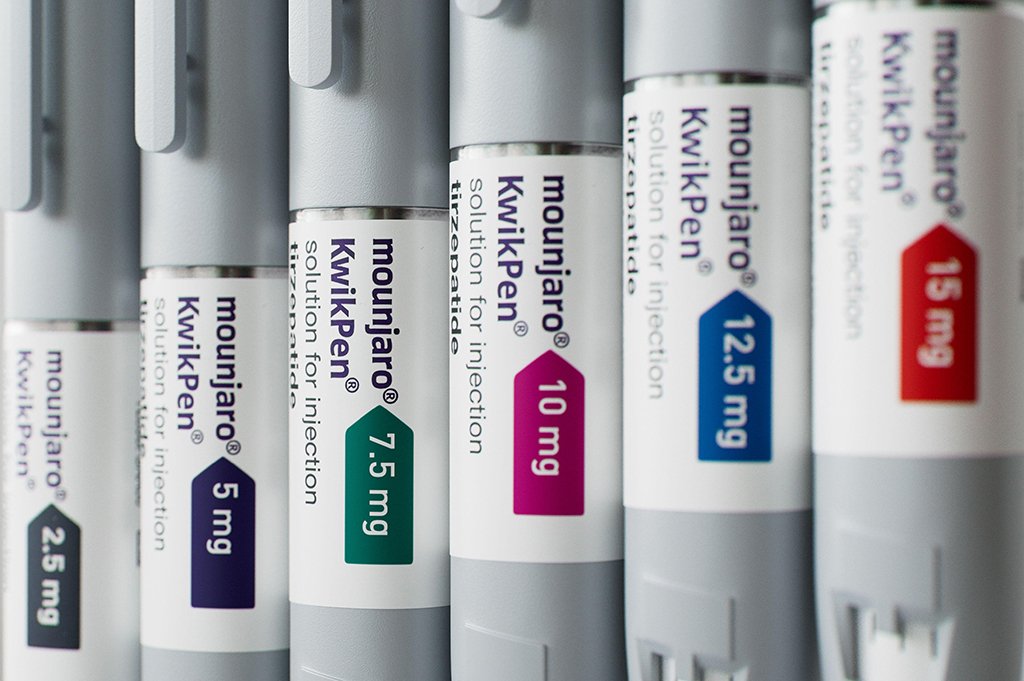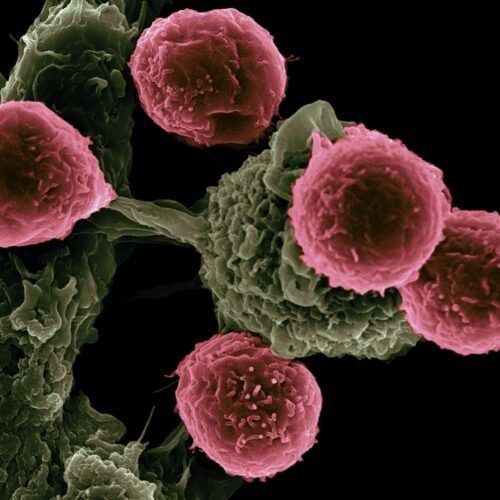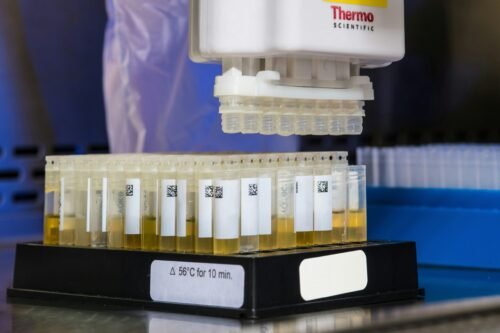
Resveratrol- Unlock the Power of Youth – Resveratrol for Ageless Vitality!
May 18, 2025
What is Chelation?
May 18, 2025What is Quercetin?
Quercetin is a flavonoid, a type of plant compound that has powerful antioxidant properties. It is naturally found in a variety of fruits, vegetables, grains, and herbs. Common sources of quercetin include apples, onions, berries, grapes, citrus fruits, leafy greens, and teas.
Sources of Quercetin
- Apples: One of the most well-known sources of quercetin, particularly in the peel.
- Onions: Red onions and shallots are especially rich in quercetin.
- Berries: Blueberries, blackberries, and cranberries contain good amounts of quercetin.
- Citrus Fruits: Grapefruits, oranges, and lemons contribute to quercetin intake.
- Green Tea: A well-known source of flavonoids, including quercetin.
- Leafy Greens: Kale, spinach, and broccoli offer quercetin along with other beneficial nutrients.
Health Benefits of Quercetin
-
Antioxidant Protection: Quercetin acts as a potent antioxidant, neutralizing harmful free radicals in the body. This helps prevent oxidative stress, which can lead to cellular damage and is associated with chronic diseases and aging.
-
Anti-Inflammatory Effects: Quercetin has strong anti-inflammatory effects, which may help reduce the risk of chronic inflammatory conditions such as arthritis, asthma, and heart disease. It works by inhibiting enzymes and proteins that trigger inflammation in the body.
-
Allergy Relief: Quercetin has natural antihistamine properties, making it helpful in managing allergic reactions. It can reduce symptoms of hay fever, seasonal allergies, and asthma by stabilizing mast cells that release histamines during allergic responses.
-
Heart Health: Research suggests that quercetin may support heart health by improving blood vessel function, lowering blood pressure, and reducing the risk of atherosclerosis (hardening of the arteries). It may also help lower LDL cholesterol levels and reduce inflammation in the cardiovascular system.
-
Cancer Protection: Some studies suggest that quercetin may have anticancer properties by inhibiting the growth of cancer cells, reducing the spread of tumors, and inducing apoptosis (programmed cell death) in certain cancer types. However, more research is needed to fully understand its role in cancer prevention.
-
Blood Sugar Control: Quercetin may help regulate blood sugar levels, making it beneficial for individuals with type 2 diabetes or those at risk of developing the condition. It can improve insulin sensitivity and reduce oxidative stress, which is often elevated in diabetic patients.
-
Improved Exercise Performance: Quercetin is believed to enhance athletic performance and recovery by improving endurance and reducing exercise-induced inflammation and oxidative damage. It may help increase energy production within cells and reduce fatigue after strenuous activity.
How Does Quercetin Work?
Quercetin works by modulating various biochemical pathways that influence inflammation, immune function, and cell protection. Some key mechanisms include:
- Antioxidant Activity: Quercetin scavenges free radicals and neutralizes them before they can cause cellular damage, thus protecting tissues from oxidative stress.
- Inhibition of Inflammatory Enzymes: It inhibits key enzymes like COX-2 and LOX that are involved in the inflammatory response, reducing the severity of chronic inflammation.
- Histamine Release Modulation: Quercetin stabilizes mast cells and prevents them from releasing histamines, which are responsible for allergy symptoms like sneezing, itching, and swelling.
- Gene Regulation: It may activate certain genes that support detoxification and cellular repair, contributing to overall health and disease prevention.
Conclusion
Quercetin is a powerful, natural antioxidant and anti-inflammatory compound that may provide a wide range of health benefits, including protection against oxidative stress, inflammation, allergies, and chronic diseases such as heart disease and diabetes. Whether consumed in food or as a supplement, quercetin can play a vital role in maintaining overall health. As always, consult with a healthcare professional before starting supplementation, particularly if you are pregnant, breastfeeding, or taking medication.





























